Freshwater Fish Species
Knowing all about freshwater fish species, their characteristics, habitat, and tips for catching them can refine your fishing skills when out on the water.
The more knowledge you have about the different types of freshwater fish habitats and feeding habits, the better an angler you can become, and you will be better equipped to follow the state fishing laws and regulations for each species.
Warmwater, Coldwater, And Coolwater Species
Freshwater fish species are generally separated into one of three different categories (warmwater, coldwater or coolwater) based on water temperature and the associated amount of oxygen in the water at each temperature range. For example, cold water holds more oxygen than warm water, which means coldwater fish will require higher oxygen levels in order to survive.
Warmwater fish species: These fish can live in a wide range of conditions. Largemouth bass, bluegill, catfish, crappies and sunfish are all considered warmwater species. Although they can survive cold winters in the northern states and can be found throughout most of the U.S., warmwater species will thrive best when water temperatures are around 80 degrees Fahrenheit.
Coldwater fish species: The second category of freshwater fish is the coldwater species category. As you might imagine, coldwater fish species require cold water temperatures in order to survive. Trout, Salmon, and Smelt are some of the most common coldwater game fish species. These types of freshwater fish prefer water temperatures between 50 and 60 degrees. Because these species grow best in colder tempatures they are most often found in the northern states or states with higher elevation and cold wind temperatures.
Coolwater fish species: The third category of freshwater fish is the coolwater species category. Muskellunge, northern pike, walleye, and yellow perch are among the most common coolwater game fish species. These types of freshwater fish prefer water temperatures in-between the other two categories. Because these species grow best in water temperatures that range in the 60's and 70's, they are most often found in the northern and midwestern states.
Where To Catch Freshwater Fish
Finding a place to go freshwater fishing is easy due to the fact there are plenty of helpful resources to point you in the right direction. There are lakes, reservoirs, rivers, streams and ponds across the U.S. that can provide the ideal opportunities for you and your family to catch a number of different types of freshwater fish. Look for top freshwater spots to fish and boat in your area or ask for some suggestions when visiting your local tackle shop.
Popular Freshwater Fish
Largemouth Bass
![]() Inhabiting waters in almost every state, largemouth bass are the most popular freshwater game fish. Learn more about fishing techniques to catch the most intelligent of the different types of freshwater fish.
Inhabiting waters in almost every state, largemouth bass are the most popular freshwater game fish. Learn more about fishing techniques to catch the most intelligent of the different types of freshwater fish.
Black Crappie
![]() Crappie is one of the most common fish caught by beginner anglers. Learn more about what this freshwater fish species eats, where they live, and how to hook this easily caught freshwater fish.
Crappie is one of the most common fish caught by beginner anglers. Learn more about what this freshwater fish species eats, where they live, and how to hook this easily caught freshwater fish.
Channel Catfish
![]() Fun to catch and delicious on the table, channel catfish are a popular fish species in the midwest . Find information on their habits and suggested fishing methods.
Fun to catch and delicious on the table, channel catfish are a popular fish species in the midwest . Find information on their habits and suggested fishing methods.
Rainbow Trout
![]() Known for their vivid color and markings, rainbow trout are a favorite among fly fishermen. Read about some of the fishing methods and lures used to catch this west coast native fish.
Known for their vivid color and markings, rainbow trout are a favorite among fly fishermen. Read about some of the fishing methods and lures used to catch this west coast native fish.
Walleye
![]() A popular freshwater game fish, walleye can be found abundantly throughout the U.S. Find tips on fishing techniques and baits to hook wide-ranging, North American fish species .
A popular freshwater game fish, walleye can be found abundantly throughout the U.S. Find tips on fishing techniques and baits to hook wide-ranging, North American fish species .
Looking for more information on freshwater fish species and how to catch them? Get additional facts about the different types of freshwater fish using our Species Explorer tool. Then, once you have decided which species you plan to target, pick up a few new freshwater fishing tips and tricks to apply on your next trip.
KEEP LEARNING
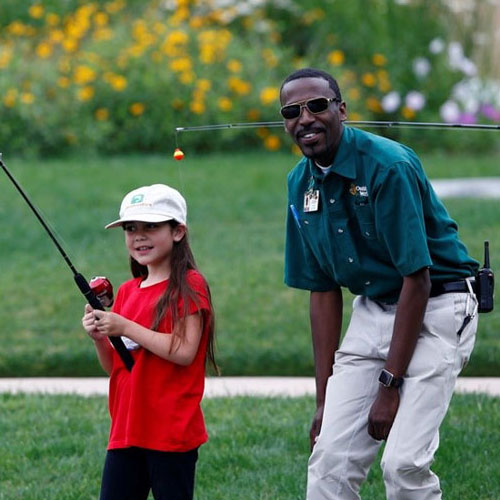
First Catch Center Trailer Gallery
FCC Trailer Photo Gallery
LEARN MORE
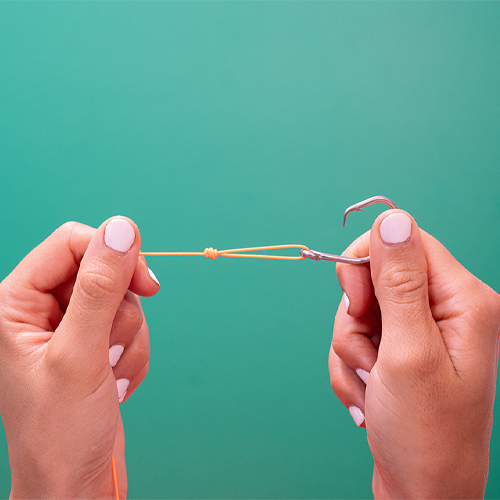
How to Tie a Duncan Knot
Learn to tie a Duncan knot by following these five simple steps. Watch our new video.
LEARN MORE
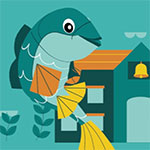
Welcome to Angler Academy!
No one said you can’t bring fishing inside! There’s lots of fun activities we can do right from home
LEARN MORE

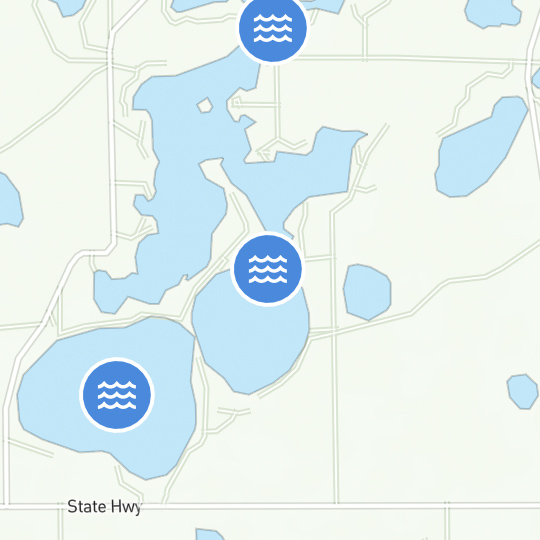
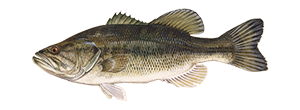.png?lang=en-US&ext=.png)